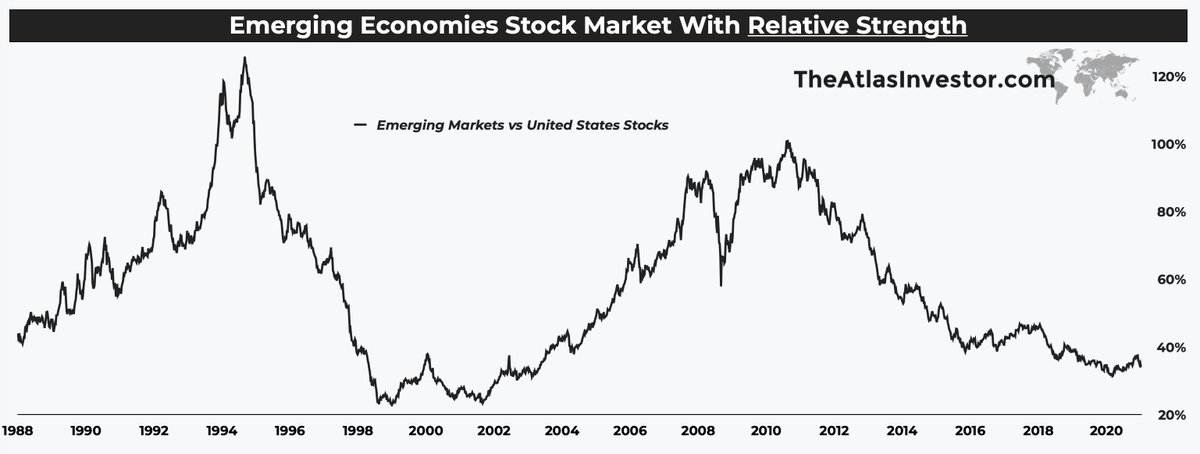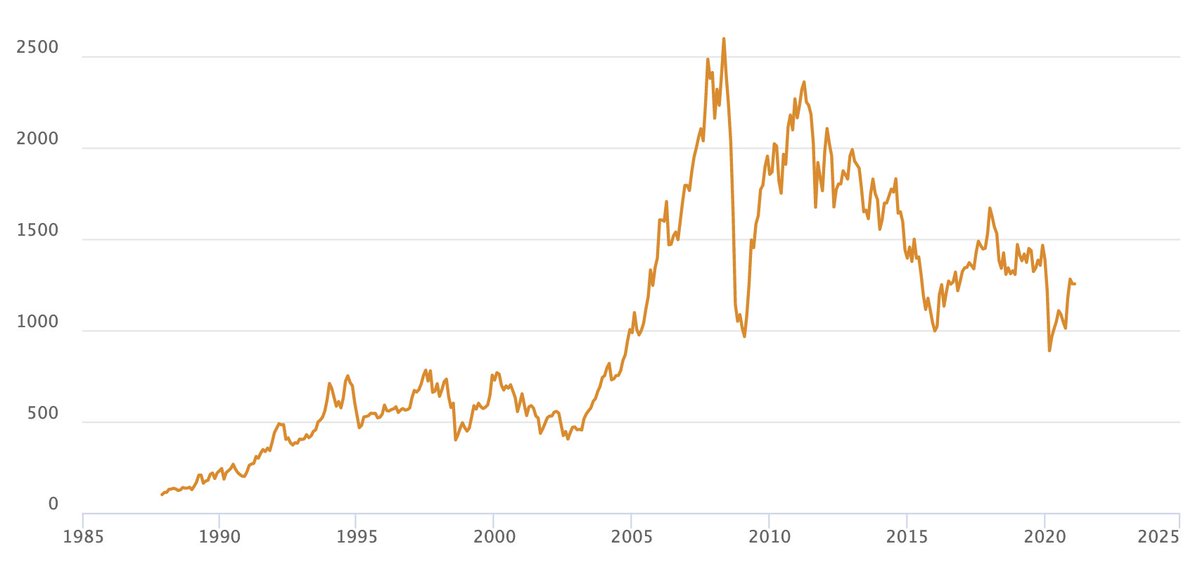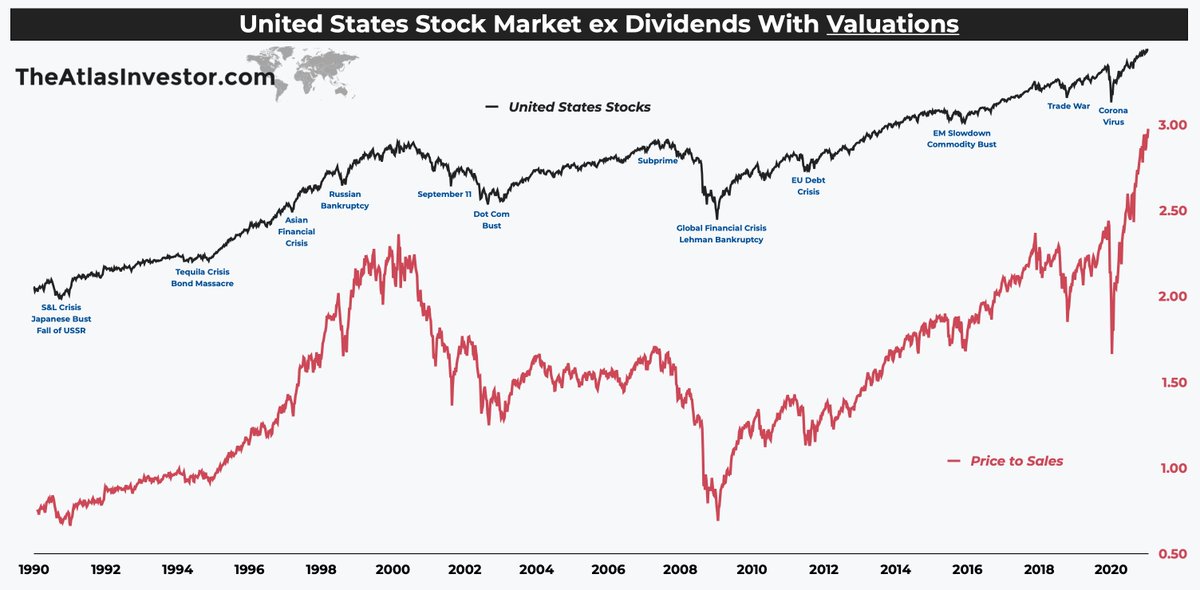
House price growth in northern cities and towns is continuing to outpace southern locations, including London, according to the latest UK Land Registry data.
thisismoney.co.uk/money/mortgage…
thisismoney.co.uk/money/mortgage…
Liverpool had risen 16.7% since the UK first went into lockdown last year.
Meanwhile...
In the City of London, the capital's financial district, prices were down 6.5% since March last year. In Westminster and Tower Hamlets, property prices were down 5% & 4.7% respectively.

Meanwhile...
In the City of London, the capital's financial district, prices were down 6.5% since March last year. In Westminster and Tower Hamlets, property prices were down 5% & 4.7% respectively.


Australian residential property markets are super hot, with all capital cities experiencing strong auction clearance rates and rapidly rising values.
realestate.com.au/news/property-…
realestate.com.au/news/property-…
“CoreLogic’s national home value index recorded a 2.8% rise in March, the fastest rate of appreciation since October 1988 (3.2%).
…exceptionally strong growth conditions remain broad-based, with values rising by at least 1.4% across each of the capital cities.”
…exceptionally strong growth conditions remain broad-based, with values rising by at least 1.4% across each of the capital cities.”

Central banks are artificially holding rates as low as possible, not only in AU but worldwide.
If rates stay low, #Brisbane is as affordable to buy (service the debt) as it was in 2002 & 1980.
The chart below shows interest payments as % of average salary.
The keyword is "IF".
If rates stay low, #Brisbane is as affordable to buy (service the debt) as it was in 2002 & 1980.
The chart below shows interest payments as % of average salary.
The keyword is "IF".

A lot of foreigners think #Australia has a property bubble, but relative to other global cities prices are inexpensive.
We believe #Perth (Western Australia) is one of those.
After 81 months of falling dwelling prices, the Perth residential market has most likely hit a bottom.
We believe #Perth (Western Australia) is one of those.
After 81 months of falling dwelling prices, the Perth residential market has most likely hit a bottom.

Meanwhile, another market in which we are quite active is #Prague (Czech Republic).
Premium property prices are reaching close to 130,000 Czech Krona per m2 (5,900 USD / 5,000 EUR).
Prague's market is turning RED HOT & making us very uncomfortable.
Premium property prices are reaching close to 130,000 Czech Krona per m2 (5,900 USD / 5,000 EUR).
Prague's market is turning RED HOT & making us very uncomfortable.

Residental prices across the Czech Republic are going through a once-in-a-lifetime boom and we are happy to have participated.
Prague has seen prices rise by over 100% since 2013.
However, sharp value rise & unaffordability are making us very uncomfortable investors.
Prague has seen prices rise by over 100% since 2013.
However, sharp value rise & unaffordability are making us very uncomfortable investors.

Comparing Prague to others in Europe based on price to average annual salary isn't a pretty picture.
Prague is one of the most expensive cities in the EU, with valuations & affordability touching almost 14X average salary, while the whole country is at 11X.

Prague is one of the most expensive cities in the EU, with valuations & affordability touching almost 14X average salary, while the whole country is at 11X.


• • •
Missing some Tweet in this thread? You can try to
force a refresh









